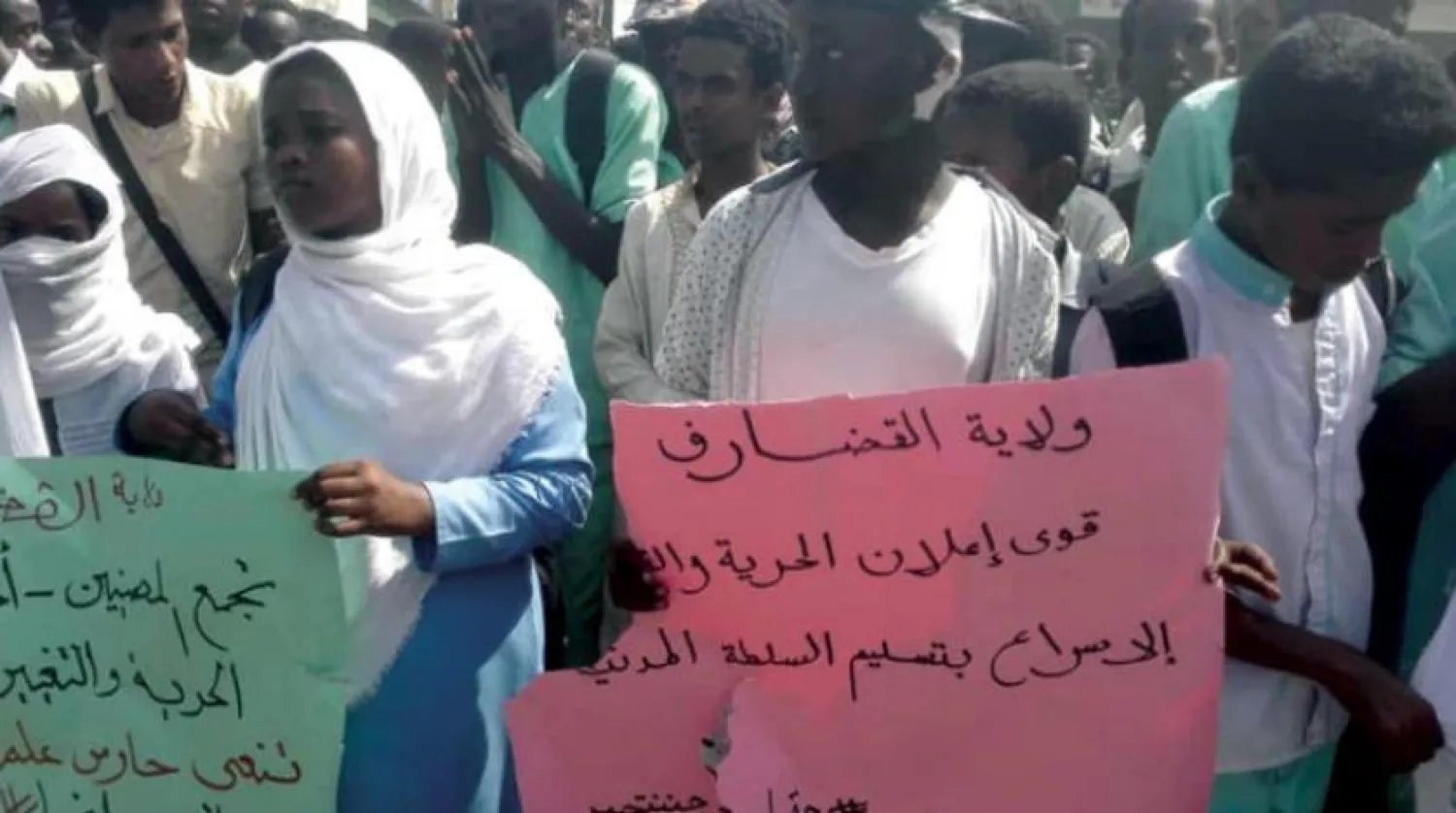Sudanese protest leaders and their rebel partners have ended their differences over a power-sharing deal signed with the country's military rulers after around two weeks of consultations held in Addis Ababa.
"This agreement has discussed the fundamental roots of war... and aims to reach a comprehensive peace accord with all armed groups," said the Sudanese Professionals Association, which spearheaded the campaign against president Omar al-Bashir.
"The agreement paves the way for establishing comprehensive peace urgently once the transitional process for a civilian government begins," it said on its Facebook page on Thursday.
The SPA said the "Addis Ababa Declaration" aims to "speed up the formation of the transitional civilian government".
It said the three armed groups in the Sudan Revolutionary Front have "reconciled with the Alliance for Freedom and Change on the transitional government and connected peace-related issues with the process of transition".
On July 17, the Sudanese Professionals Association signed a power-sharing accord with Sudan's ruling generals that provides for a transitional civilian administration following Bashir’s ouster.
But three armed groups who are members of the protest movement had objected to the deal, saying it failed to address conflicts in Darfur, South Kordofan and Blue Nile.
A group of protest leaders then flew to Addis Ababa for talks with the rebels, and after days of intense negotiations, they reached the agreement that was announced on Thursday.
The rebel groups confirmed that their differences with the protest leaders had been resolved.









